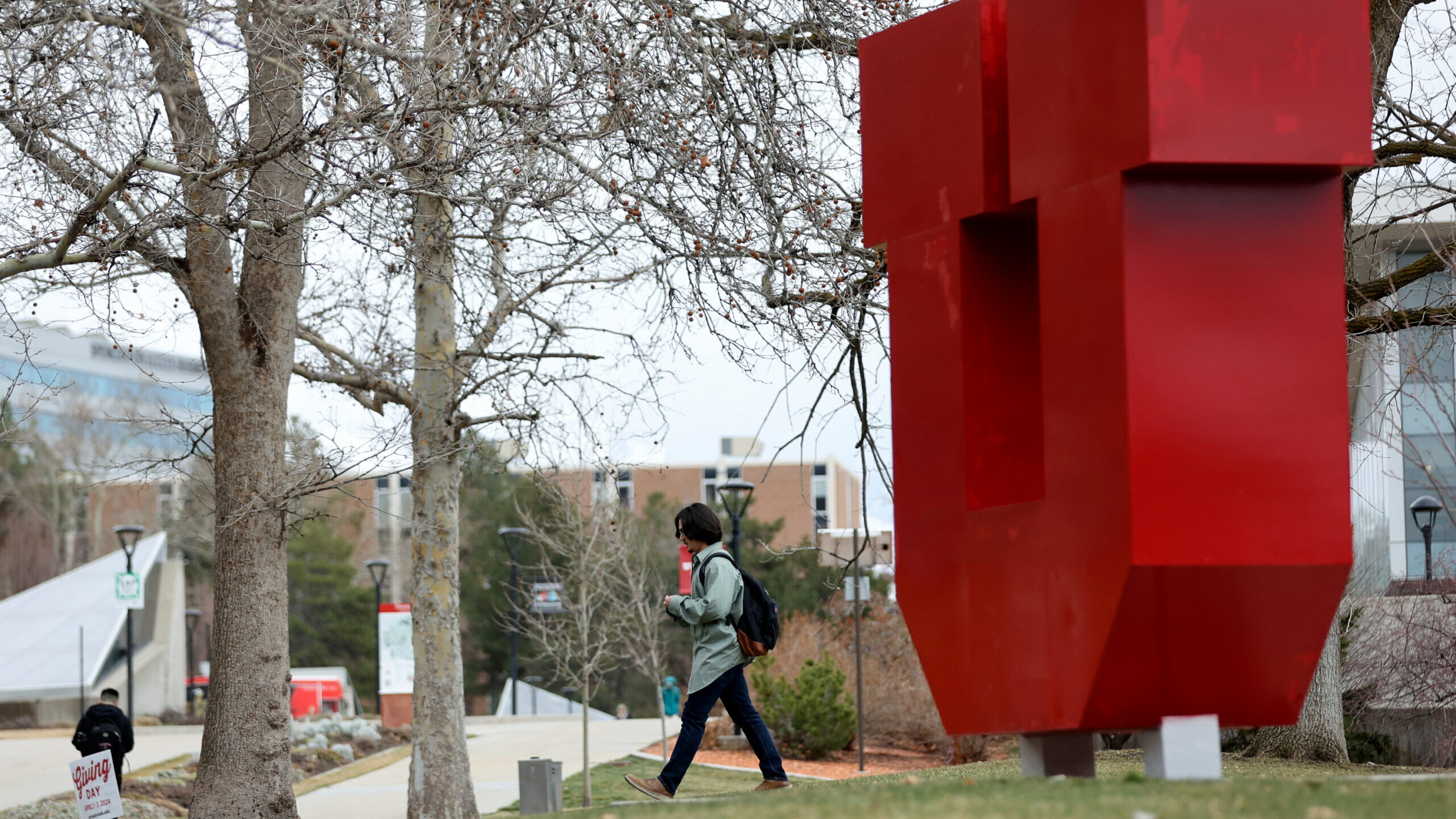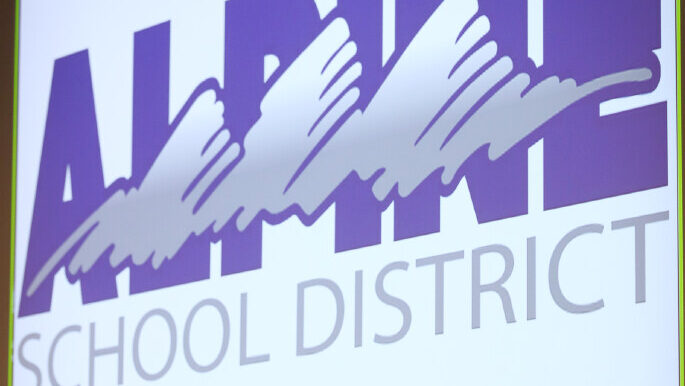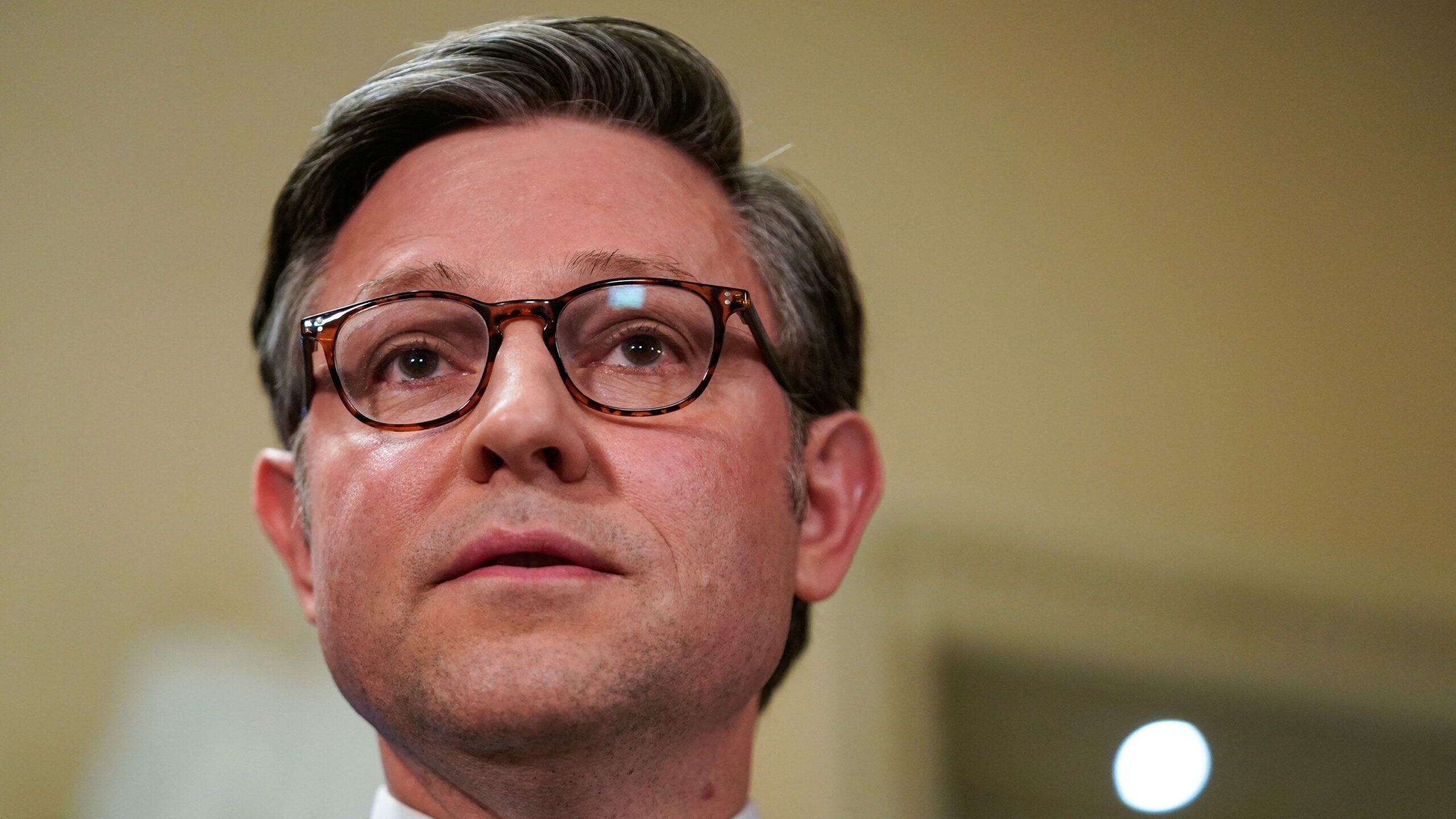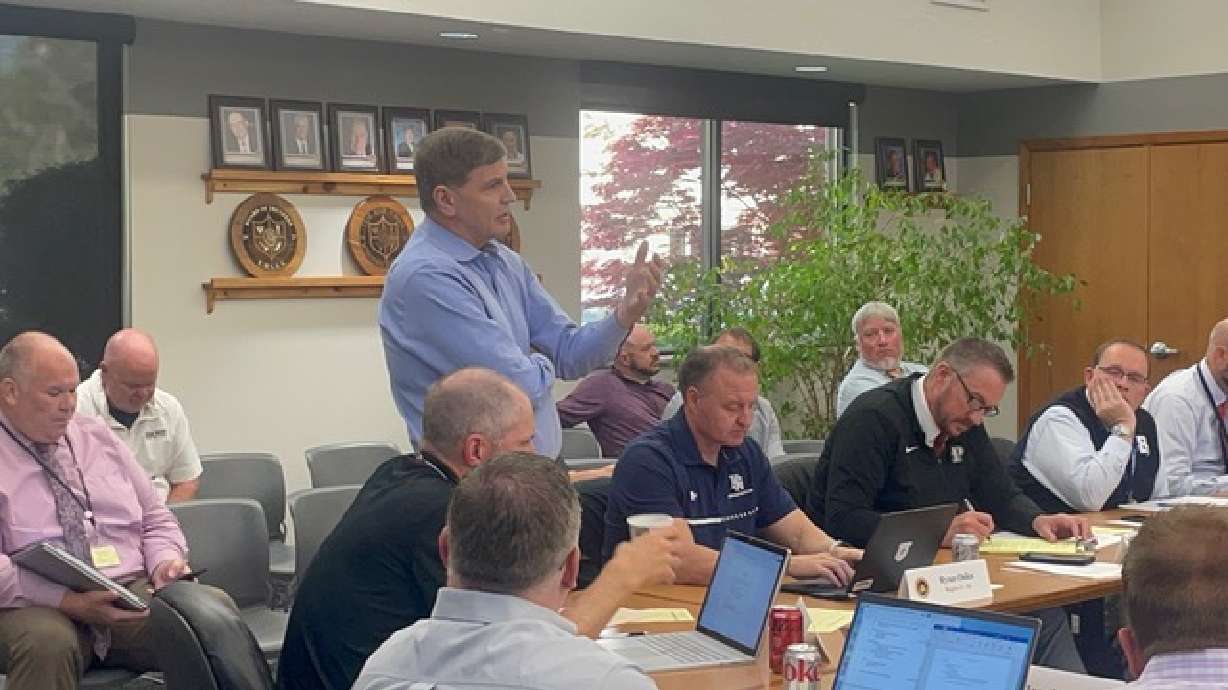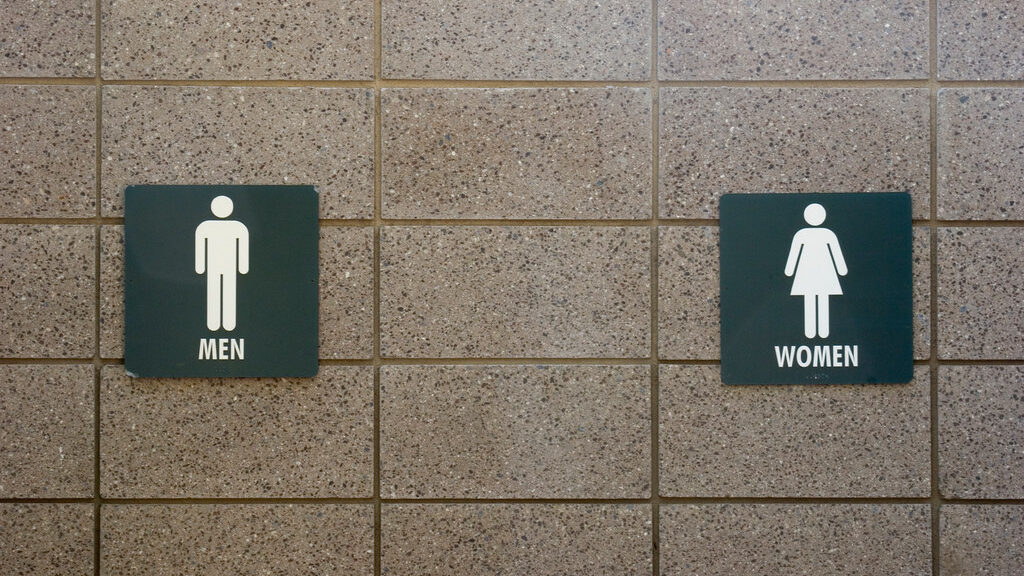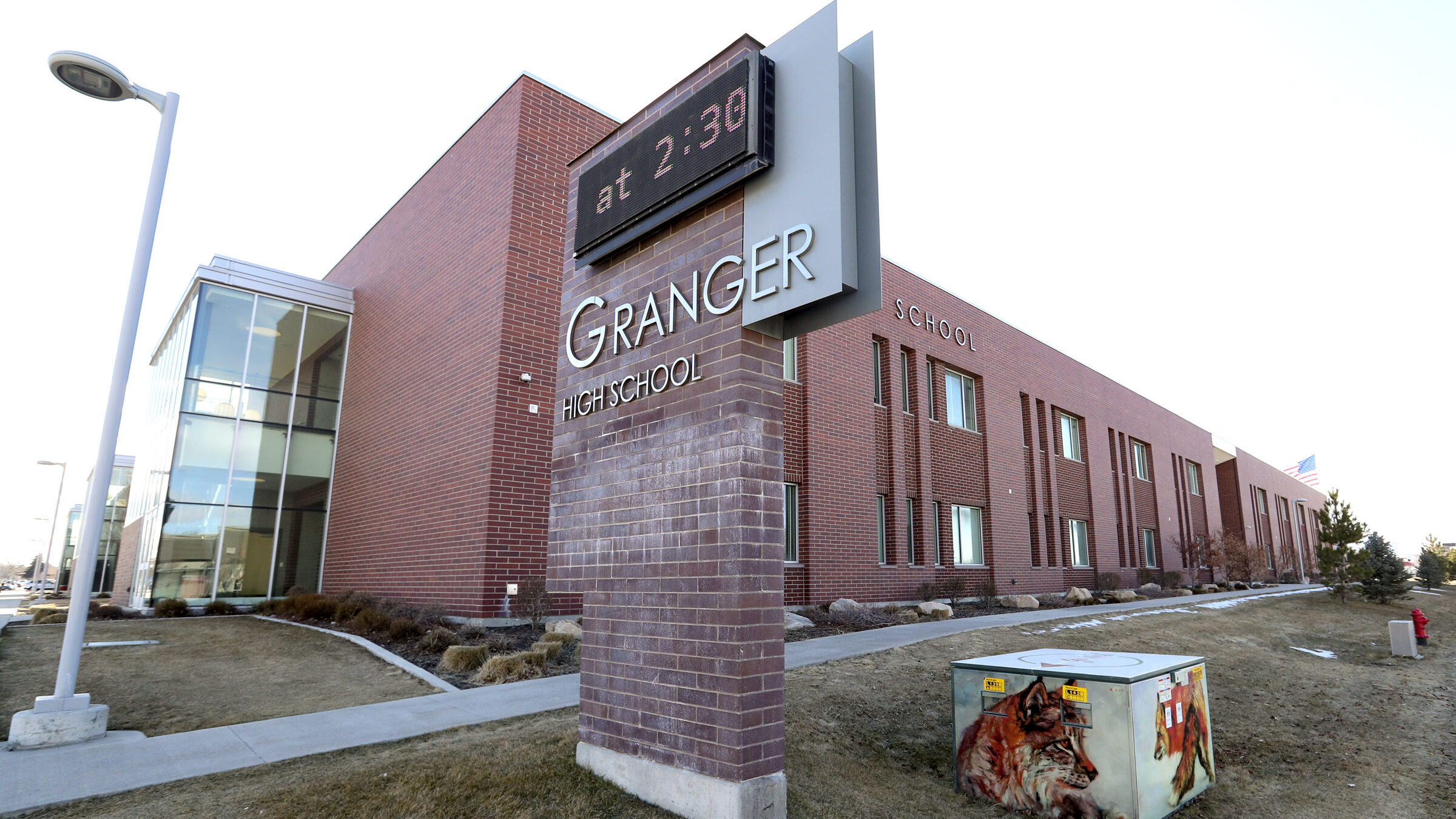Utah Legislature hopes to address school choice this session
Jan 17, 2023, 10:13 AM | Updated: 1:03 pm
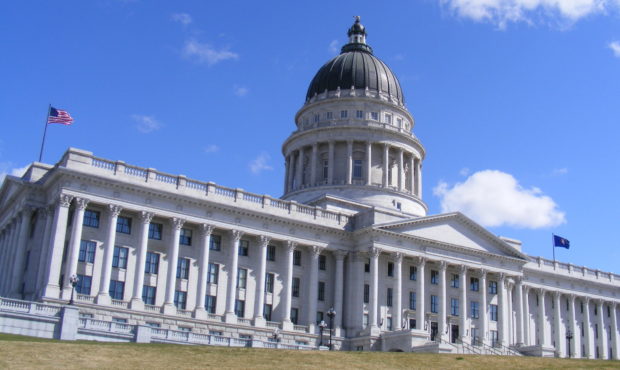
(PHOTO: KSL Newsradio's Dan Bammes)
(PHOTO: KSL Newsradio's Dan Bammes)
SALT LAKE CITY — The Utah Legislature is rebranding its take on school vouchers. Now they are calling it School Choice funding.
Stuart Adams, president of the Utah State Senate, said the pandemic got more parents thinking about their options of homeschooling, private education or public schools.
“The results of the polls [Dan Jones & Associates] were that almost 59 percent, 60% of the people said that they wanted that flexibility and only 32% said they didn’t.”
Adams said the government should be more flexible on how and where parents can take their tax dollars in order to educate their children. He said “teachers can’t be everything to everyone” in public schools. Those kids who have special needs should be able to have education tax dollars to take with them to where they need to go.
Susan Speirs, the CEO of Utah Association of CPA’s (UACPA) echoed the sentiment.
“I think that to have that flexibility, is a need. I mean, it’s becoming more of a more of a need with our parents and some of the challenges that our kids have.”
Adams pointed to other states who’ve adopted school choice programs, specifically in Arizona. Saying they are having success with the flexibility given to parents.
But critics say public schools are getting the short end of the stick. Beth Lewis, founder and director of Save Our Schools Arizona spoke to the Deseret News and said “Every time that a student decides to go with a voucher, that money is coming out of the general fund, which affects our K-12 schools.”
Lewis said a majority of parents who receive school choice funds didn’t have their kids in public schools before this program started last year. So, the public schools didn’t allocate funds for those kids to start with. Now public schools are losing tax dollars to pay for kids in charter schools who were never in their system.
Adams said school choice vouchers would actually help public schools in Utah.
“The reason it would is that whatever money that would be allocated to the parents to take with them would be less than we’re currently allocating for that student” leaving what Adams called a reserve of money which would be divided up among the students still in public schools.
You can hear the entire discussion on School Choice and taxes with Adams and Speirs on the KSL Newsadio podcast Money Making Sense.


